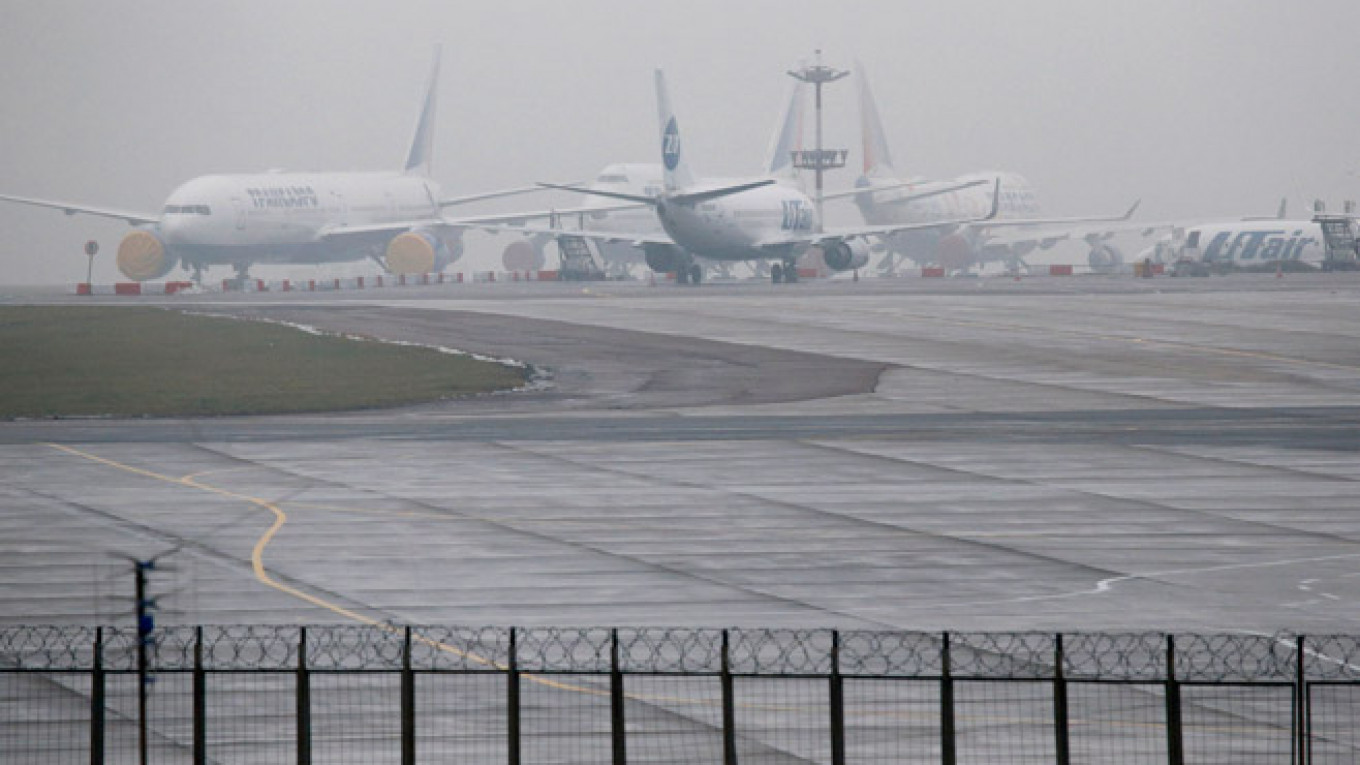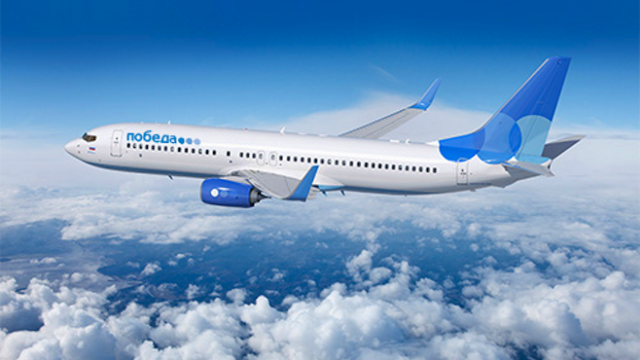Russia's massive state-owned United Aircraft Corporation (UAC) hopes to become the world's third largest producer of military and civilian aircraft by 2025, right behind global aerospace giants Boeing and Airbus, Prime Minister Dmitry Medvedev said Wednesday.
The Soviet Union was an aviation powerhouse, but since its fall in 1991, Russia's prowess in the field has dwindled. Facing Western sanctions this year over Russia's role in the Ukraine crisis, the Russian government has pushed the industry to up domestic production. Over 90 percent of aircraft used by Russian airlines are built in the West, leaving the industry vulnerable to potential future sanctions.
Now, the government is laying its cards on the table. "UAC plans to create the world's third largest aircraft manufacturing center in terms of production, after Boeing and Airbus, by 2025," Medvedev said at a meeting on the development of the aviation industry, according to a transcript published on the government's website.
Russian aircraft industry analyst Oleg Panteleyev said that Russia plans to build 250 to 300 planes by 2025, which would put Russia in third place by volume of production but still far behind the industry leaders.
But first, the industry has an urgent productivity problem to address.
"We need to take measures to increase labor efficiency by nearly 7.5 times compared with 2012," Medvedev said.
Poor labor productivity is a widely acknowledge drag on Russia's economic growth, with a report published in April by the Plekhanov Russian University of Economics placing Russia's productivity at less than half that of Germany.
The industry must also diversify away from a long-standing orientation toward military production, Medvedev said.
"[Civilian aircrafts'] share of production should increase from 30 percent to 50 percent" of Russian aircraft production, Medvedev said, without elaborating on how the state and UAC will go about achieving these goals.
This is a problem faced by Russian manufacturing on the whole, where production continues to grow thanks only to increased military spending. Last week President Vladimir Putin said Russia needs to invest in increasing civilian production in Russia's shipbuilding sector, another industry dominated by military orders.
While Russia is a prominent exporter of military aircraft, it lags behind in the civilian market. For example, only 76 Tupolev Tu-204 planes — a direct competitor to the Boeing 737 and Airbus A320 — have been built since the 1980s. Thousands of the 737s and A320s have been built in that time.
Meanwhile, a more modern answer to these Western staples, the MC-21, has not even begun testing. Beyond the medium-sized airplane class, Russia's offerings look even slimmer.
Regardless, Russia is intent on increasing its share in the crowded civil aviation market, particularly in the emerging markets of Southeast Asia, Medvedev said.
Contact the author at [email protected]
A Message from The Moscow Times:
Dear readers,
We are facing unprecedented challenges. Russia's Prosecutor General's Office has designated The Moscow Times as an "undesirable" organization, criminalizing our work and putting our staff at risk of prosecution. This follows our earlier unjust labeling as a "foreign agent."
These actions are direct attempts to silence independent journalism in Russia. The authorities claim our work "discredits the decisions of the Russian leadership." We see things differently: we strive to provide accurate, unbiased reporting on Russia.
We, the journalists of The Moscow Times, refuse to be silenced. But to continue our work, we need your help.
Your support, no matter how small, makes a world of difference. If you can, please support us monthly starting from just $2. It's quick to set up, and every contribution makes a significant impact.
By supporting The Moscow Times, you're defending open, independent journalism in the face of repression. Thank you for standing with us.
Remind me later.






